
Sara Sharif murder inquiry: Searches continue for father of 10-year-old
Police in Pakistan tell the BBC they have been asked to find Urfan Sharif but not arrest him.
2023-08-19 18:20
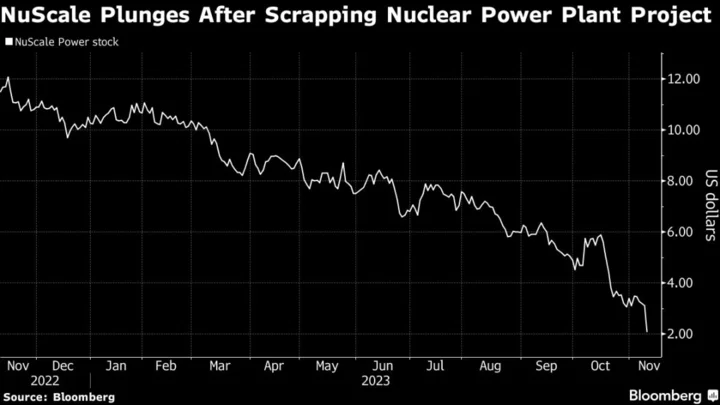
First US Small Nuke Project Canceled After Costs Surge 53%
NuScale Power Corp., the first company with US approval for a small nuclear reactor design, is canceling plans
2023-11-10 00:17
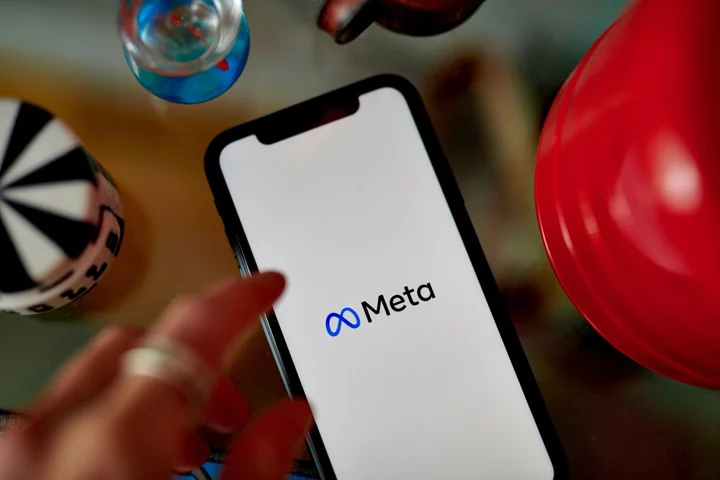
Meta Challenges EU’s Crackdown on Dominance of Big Tech Firms
Meta Platforms Inc. and TikTok-owner Bytedance Ltd. have formally challenged the European Union’s latest clampdown on the dominance
2023-11-16 13:17
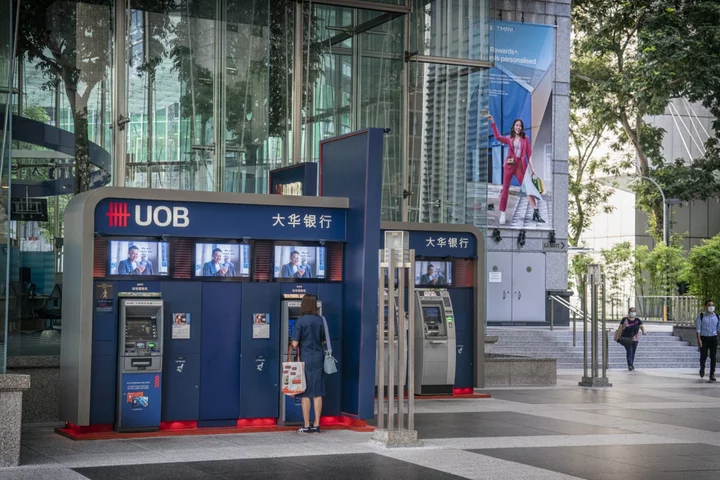
Singapore Bank UOB’s Profit Tops Estimates on Lending Income
United Overseas Bank Ltd. second-quarter profit beat estimates, buoyed by rising lending income. Net income, excluding one-off expenses,
2023-07-27 07:24

Unprecedented Israeli bombardment lays waste to upscale Rimal, the beating heart of Gaza City
Following a night of intense bombardment, residents were struggling Tuesday to grasp the sheer scale of damage inflicted on the upscale Rimal neighborhood in central Gaza City
2023-10-11 01:15

Barbie DreamHouse Is Back on Airbnb to Coincide With Film Debut
Airbnb is once again offering Barbie fans a chance to stay in a life-size re-creation of the iconic
2023-06-27 07:47

Morikawa recovers from horror start at Zozo Championship
Collin Morikawa recovered from "mistakes after mistakes" on Saturday to finish two strokes off the lead going into the final day of the US PGA...
2023-10-21 16:54

Chiefs Rumors: Kansas City quarterback logjam isn't as complicated as it seems
Will the Kansas City Chiefs make a change at the backup quarterback spot? I am willing to admit that I was wrong. Blaine Gabbert is necessary.Blaine Gabbert is a career backup quarterback for a reason. However, if he's good enough to be trusted by Tom Brady, then perhaps Chiefs fans ought t...
2023-08-20 11:15
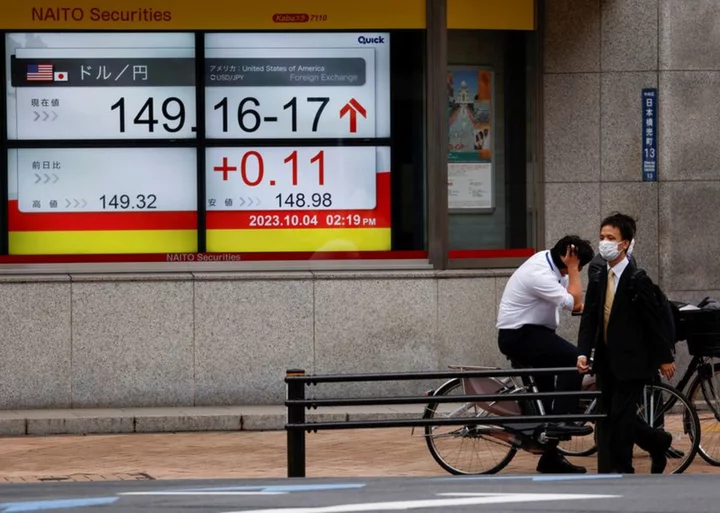
Marketmind: Bond beating takes a breather
By Jamie McGeever A look at the day ahead in Asian markets from Jamie McGeever, financial markets columnist.
2023-10-05 05:54

Who is Hillary Super? Rihanna steps down as Savage Fenty CEO, announces 'strong' successor
'This is just the beginning for us, and we’re going to continue to expand in ways that always connect with the consumer,' Rihanna said
2023-06-24 14:54
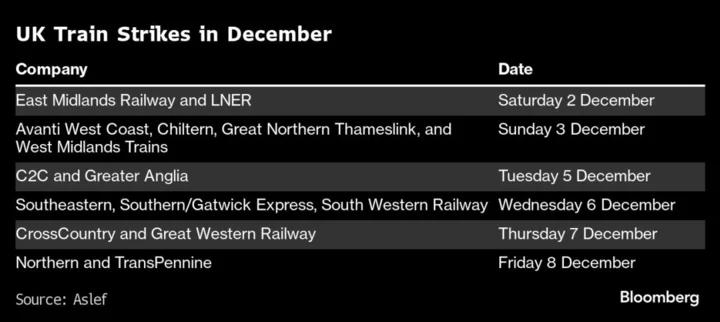
Pubs and Restaurants Hope Customers Ignore Latest Rail Strikes
The UK is braced for another round of rail strikes even after workers from a major union agreed
2023-12-01 19:25

MLB Rumors: Yankees trade could easily replace Josh Donaldson
The New York Yankees could easily replace Josh Donaldson (even though the team believes in him), and there's one replacement option available. But it could come at a high cost.Whenever a team loses its top player, struggles are likely to follow. But for the New York Yankees, losing outfield...
2023-06-28 07:51
You Might Like...
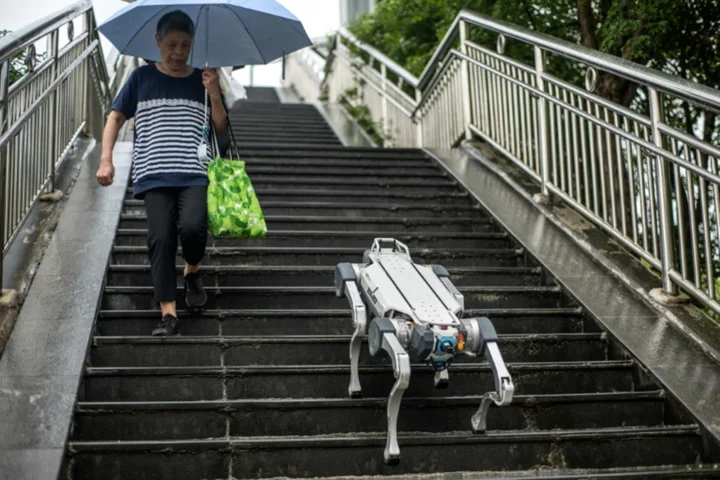
Hi, Robot: machines take over at China's Asian Games
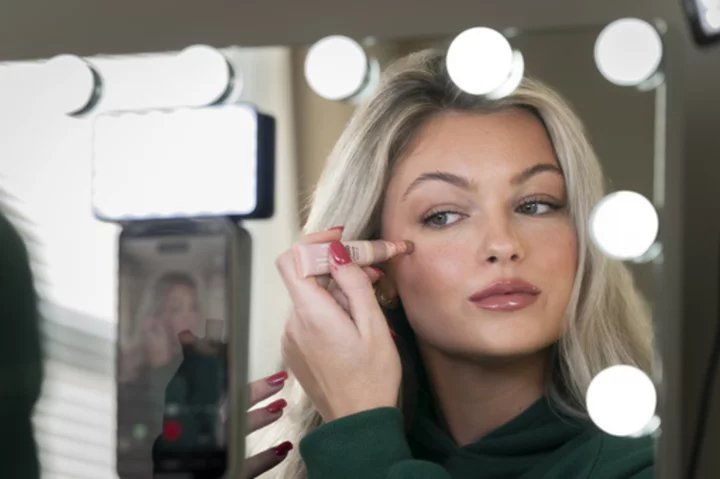
‘Get Ready With Me’: Video genre that focuses on everyday life is everywhere — and not slowing down
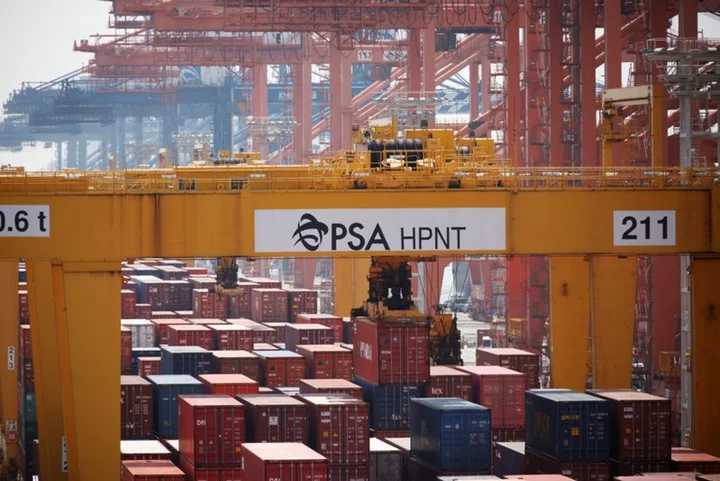
South Korea May factory output unexpectedly jumps

Jake Allen stops 36 shots as Canadiens beat Sabres 3-1

Granit Xhaka ‘crucial’ part of surprise Arsenal title challenge – Mikel Arteta

Autoworkers strike cuts into GM earnings, company sees further loses if walkouts linger

Korean true crime fan murdered stranger 'out of curiosity'

Jamie Carragher left 'red-faced' during awkward interaction with Rio Ferdinand
